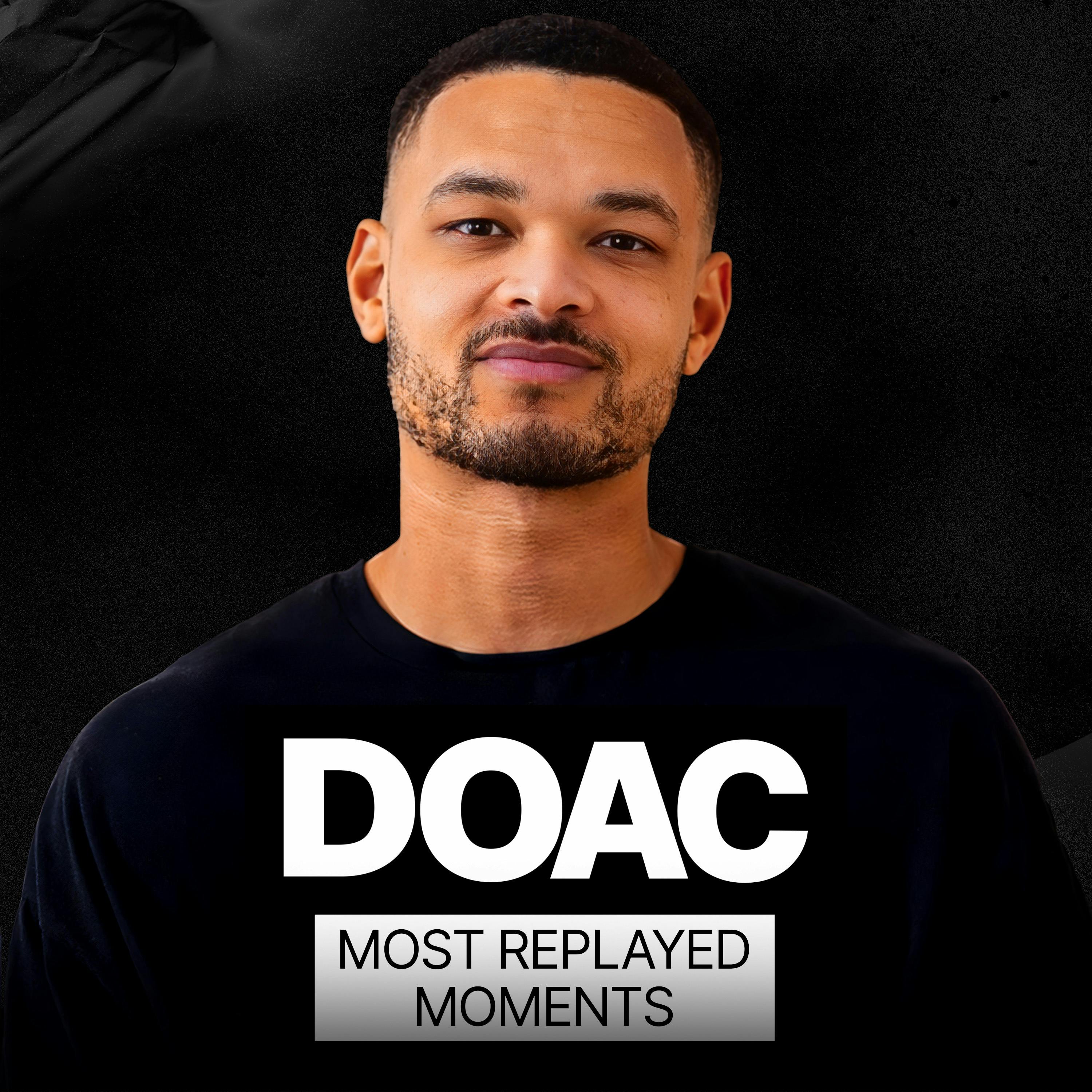Most Replayed Moment: 6 Daily Habits That Expose Your Fake Values - Deepak Chopra
Dr Deepak Chopra is a world-renowned expert in mind-body medicine, a best-selling author, and a global leader in the field of personal transformation. With over 85 books to his name, Deepak's work has revolutionised the way we approach wellness and consciousness.
In today’s moment’s episode, Deepak Chopra reveals six daily habits that can radically transform your life. He also explores the profound impact of awareness, explaining how shifting your consciousness can help you break free from the cycle of stress and rediscover your true, authentic self.
Listen to the full episode here!
Spotify: https://g2ul0.app.link/I2VIcxLycWb
Apple: https://g2ul0.app.link/EyaS6APycWb
Watch the episodes on YouTube: https://www.youtube.com/c/%20TheDiaryOfACEO/videos
Learn more about your ad choices. Visit megaphone.fm/adchoices
In today’s moment’s episode, Deepak Chopra reveals six daily habits that can radically transform your life. He also explores the profound impact of awareness, explaining how shifting your consciousness can help you break free from the cycle of stress and rediscover your true, authentic self.
Listen to the full episode here!
Spotify: https://g2ul0.app.link/I2VIcxLycWb
Apple: https://g2ul0.app.link/EyaS6APycWb
Watch the episodes on YouTube: https://www.youtube.com/c/%20TheDiaryOfACEO/videos
Learn more about your ad choices. Visit megaphone.fm/adchoices
Press play and read along
Transcript
Transcript is processing—check back soon.
The Diary Of A CEO with Steven Bartlett — Most Replayed Moment: 6 Daily Habits That Expose Your Fake Values - Deepak Chopra





